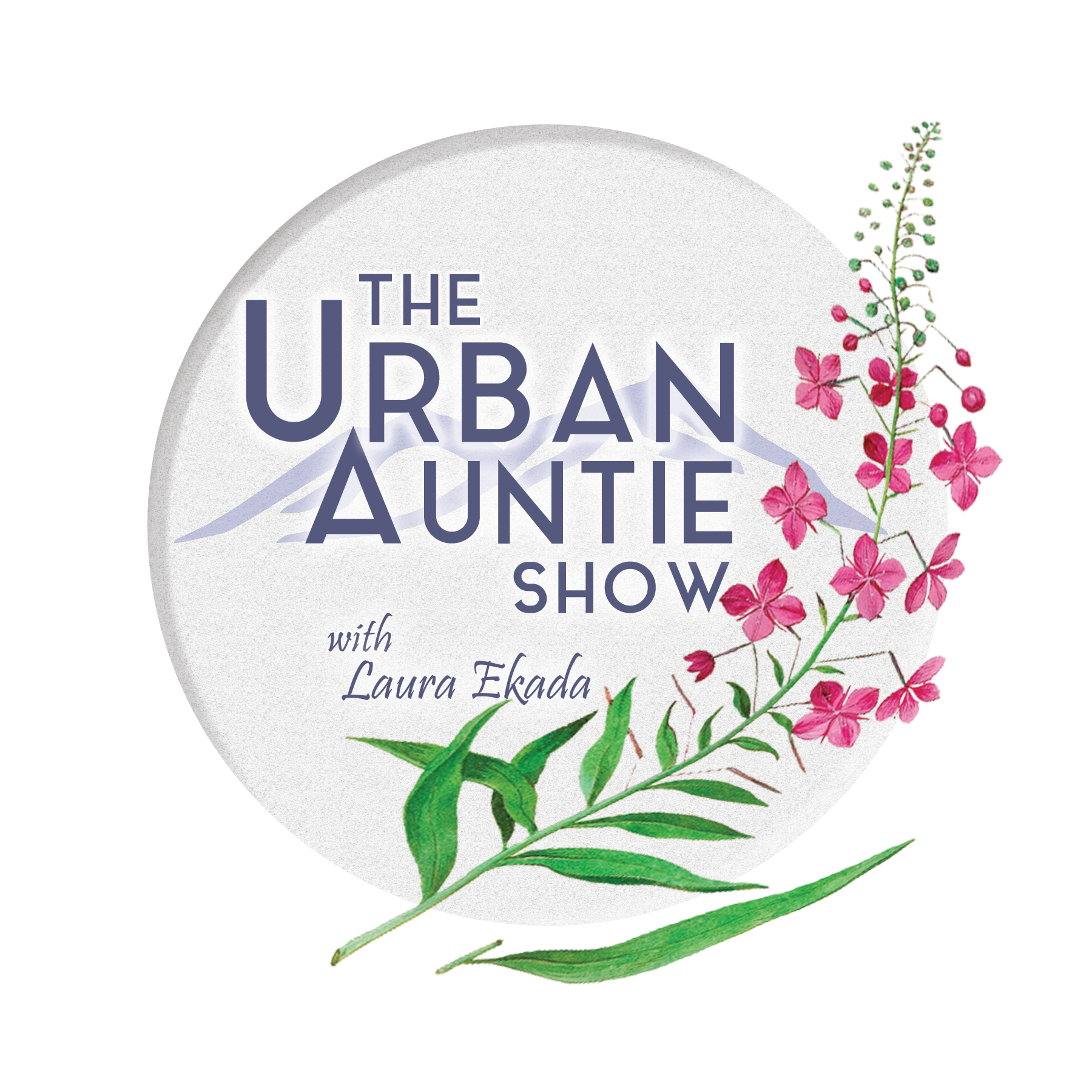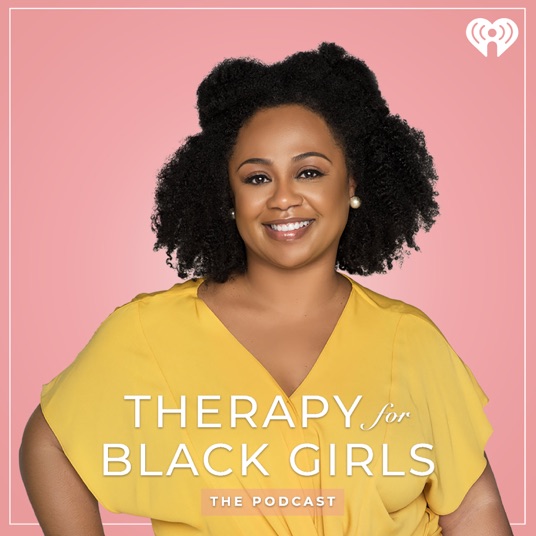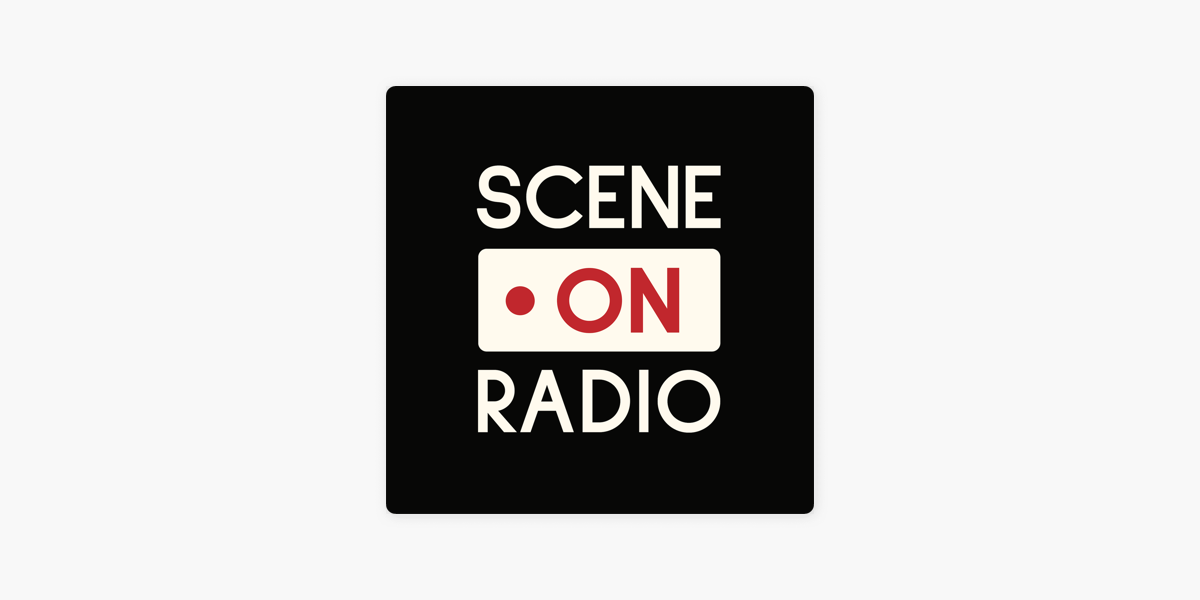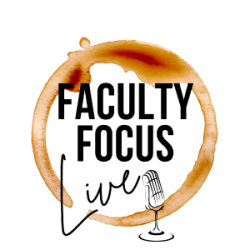Listen
Presented by: NPR
Episodes:
- (July 13, 2018)
Summary: "From bullying to hate crimes, cruelty is all around us. So what makes us hate? And is it learned or innate? This hour, TED speakers explore the causes and consequences of hate - and how we can fight it." - (March 16, 2018)
Summary: "What does it mean to be judged before you walk through the door? What are the consequences? This week, TED speakers delve into the ways racism impacts our lives, from education, to health, to safety." - (April 22, 2016)
Summary: "Most of us were raised to believe that tolerance is a good thing, but is it enough or just the bare minimum? This hour, TED speakers on how to move beyond tolerance to a place of deeper understanding." - (June 12, 2020)
Summary: "As protests for racial justice continue, many are asking how racism became so embedded in our lives. This hour, TED's Whitney Pennington Rodgers guides us through talks that offer part of the answer."
Presented by: NPR
Episodes:
- (October 6, 2015)
Summary: "Annie Duke was often the only woman at the poker table, which influenced the way people saw her, and the way she saw herself. Feeling like an outsider can come at a cost, but also can be an advantage." - (October 1, 2018)
Summary: "This week on Hidden Brain, we explore the bounds of masculinity. What behaviors do men consider to be too feminine, and therefore off limits? And how can men be convinced to question those boundaries?" - (June 20, 2020)
Summary: "This week on the Hidden Brain radio show, we examine research about the mind of the village. We'll begin with a focus on police shootings of unarmed black men. Later in the show, we look at how biases affect judges in the U.S." - (July 6, 2020)
Summary: "This week on Hidden Brain, we go back four decades to retrace the steps of Fred [Clay's] arrest and prosecution. We'll uncover the harm that arose when flawed ideas from psychology — ideas that continue to pervade some courtrooms today — were used to put a teenager behind bars for life."
Presented by: GCI
Episode 19: Ronald Brower Sr., University of Alaska Fairbanks
Summary: "In this episode of #ThinkArctic, we chat with Ronald Brower Sr., an instructor at
the University of Alaska Fairbanks, about teaching native language and growing up
in the Arctic."
Summary: "ADA Live! is a free monthly show broadcast nationally on the Internet. Ask questions
and learn about your rights and responsibilities under the Americans with Disabilities
Act (ADA). Leaders in the field will share their knowledge, experience and successful
strategies that increase the participation of persons with disabilities in communities
and businesses."
Summary: "The Making Gay History podcast mines Eric Marcus’s decades old audio archive of rare
interviews — conducted for his award-winning oral history of the LGBTQ civil rights
movement — to create intimate, personal portraits of both known and long-forgotten
champions, heroes, and witnesses to history."
Summary: "The mission of Coffee & Quaq is to celebrate, share, and explore the collective experience
of contemporary Native life in urban Alaska. Coffee & Quaq aims to incite discussion
on topics of interest for young Alaska Native people and bring awareness to the various
facets of modern Indigenous life. It's a podcast show for Indigenous people, by Indigenous
people to help provide an accurate representation of Alaska Native life in urban and
rural settings."
Presented by: NPR
Summary: "Remember when folks used to talk about being "post-racial"? Well, we're definitely
not that. We're a multi-racial, multi-generational team of journalists fascinated
by the overlapping themes of race, ethnicity and culture, how they play out in our
lives and communities, and how all of this is shifting."
Summary: Dr. Brené Brown is a researcher, professor, and author who tackles topics like courage,
vulnerability, shame and empathy. In her new podcast, Unlocking Us she discusses these
concepts and also explores them in the context of racial/gender/activism issues. Dr.
Brown brings in experts like Laverne Cox, Austin Channing Brown, and Ibram X. Kendi,
among others, to discuss these essential topics.
Presented by: National Academies of Sciences, Engineering, and Medicine
Summary: "Mentorship is essential to the development of anyone in science, technology, engineering,
mathematics, or medicine, but did you know mentorship is a set of skills that can
be learned, practiced, and optimized? In this 10-part series from the National Academies
of Sciences, Engineering, and Medicine, you’ll hear the personal mentorship stories
of leaders in academia, business, and the media, in their own words. Learn how evidence-based
mentorship practices can help you develop the skills to engage in the most effective
STEMM mentoring relationships possible."

Presented by: DeloodeneenĹ‚a (Laura Ekada) & °®ÎŰ´«Ă˝ Nanook Diversity and Action Center
Summary: "The Urban Auntie Show is a radio show and podcast that highlights Alaska Native issues
and topics. The show features guests from all over Alaska to talk about issues like
MMIW, Indigenous identity, representation, wellness, and more. Auntie Laura uses her
platform to uplift the voices and experiences of the Indigenous peoples of Alaska."

Presented by: Dr. Joy Harden Bradford
Summary: "The Therapy for Black Girls Podcast is a weekly chat about all things mental health,
personal development, and all the small decisions we can make to become the best possible
versions of ourselves."

Scene on Radio | Seeing White
Presented by: John Biewen
Summary: "Just what is going on with white people? Police shootings of unarmed African Americans.
Acts of domestic terrorism by white supremacists. The renewed embrace of raw, undisguised
white-identity politics. Unending racial inequity in schools, housing, criminal justice,
and hiring. Some of this feels new, but in truth it’s an old story.
Why? Where did the notion of “whiteness” come from? What does it mean? What is whiteness for?
Scene on Radio host and producer John Biewen took a deep dive into these questions, along with an array of leading scholars and regular guest Dr. Chenjerai Kumanyika, in this fourteen-part documentary series, released between February and August 2017. The series editor is Loretta Williams."

Episode 39: Episode 39: Mentoring and Coaching: The Tools for a Great Faculty Coach and a Great
Faculty Mentor "In this episode, we’ll provide a stepwise progression for mentoring:
1. Show them 2. Help them 3. Watch them 4. Let them"
Summary: "We’re here to bring instructors and teachers inspiration, energy, and creative strategies
that they can utilize in their everyday teaching. We hope the following tips, tricks,
and pedagogy techniques give teachers and instructors an extra boost of creativity
and motivation. These episodes are perfect for your drive to work or can be integrated
as a 15-minute think session to get your wheels turning before stepping into the classroom
or “zooming” onto the computer screen."

Presented by: Judy Heumann
Summary: "Join Judy Heumann, an internationally recognized bad-ass disability activist in conversation
with disabled changemakers and their allies. For all fighting for social justice,
these conversations around disability culture, art, entertainment, policy and advocacy
are sure to light a rebellious fire under you to fight harder for all people."


